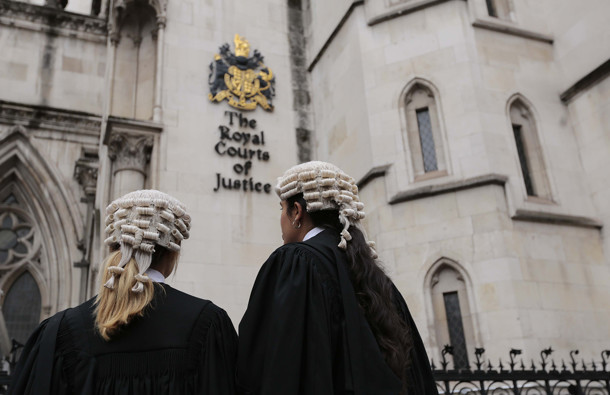
Tips For Students Moving Between Accommodation In The Summer
March 16, 2024
Forty Years of Legal Insights: A Conversation with Gareth Rees
March 17, 2024Article by Aaminah Khan
Generative AI uses specific data it was trained on to generate images, text, and other content. One of the most famous generative AI platforms to date is ChatGPT, which is why the GPT stands for generative pre-trained transformer. The constant developments of technology and AI have been met with a range of concerns surrounding whether they will likely lead to job cuts due to increased efficiency. Whilst technology can certainly make things easier than human intervention, where does generative AI stand within this?
During this week’s World Economic Forum, a poll conducted by the PwC held that the most likely to predict job losses due to AI tools would be industries led by media and entertainment, banking, insurance, and logistics. 46% of those surveys also expected the use of generative AI to increase profitability in the next 12 months. As a result, these chief executives are anticipating significant job losses this year in relation to AI. Despite this, there are still many career sectors that, even though they may not be untouched by developments in AI, will not necessarily replace jobs.
Take the legal sector, for example, specifically commercial lawyers. Clients will be in need of the services that commercial lawyers provide to enable them to achieve their commercial objectives whilst mitigating risks. Each client’s situation will be unique, and whilst the law is readily available to anyone online, even generative AI tools will not be able to mitigate the risks clients may face. Additionally, according to a report by Forresters, jobs which have a skill set that is hard to replicate will be less likely to be cut due to generative AI. Examples of these can be more creative careers such as writers and editors.
How Does This Impact Law Firms?
The main way in which law firms can be impacted by these predicted job losses is through labour and employment laws. Employment rights will be crucial, and employers will have to ensure that regulations related to redundancies are complied with. Therefore, lawyers specialising in regulatory compliance issues will see a surge in demand to help clients avoid the legal implications of breaching these laws.
Sources
https://research.ibm.com/blog/what-is-generative-AI
https://www.mckinsey.com/featured-insights/mckinsey-explainers/what-is-generative-ai
https://www.ft.com/content/908e5465-0bc4-4de5-89cd-8d5349645dda





